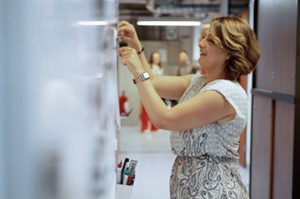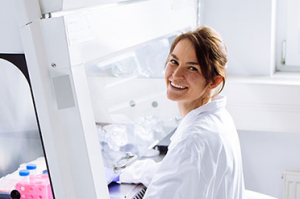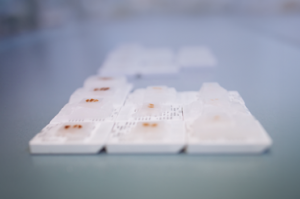At Lexogen, we’re incredibly proud of our diverse team of brilliant minds driving innovation in the world of science. Today, we’re shining a spotlight on some of our exceptional women scientists whose research journeys have led them to where they are today.
From a passion for unravelling the mysteries of the universe to a deep curiosity about the complexities of biology, each of these women has a unique story to tell about their journey into the world of science and how they found their home at Lexogen.
Interview 1:

Introducing Alice Wenger, PhD – Research Scientist at Lexogen
Alice’s journey into the world of science started with a fascination for biology ignited by her high school teacher’s enthusiasm for genetics. Her academic pursuits led her from Vienna to Basel, and eventually to Copenhagen for her PhD studies. After completing her research about the transmission of chromatin states during mitotic cell divisions in preserving daughter cell identity, Alice found her perfect match at Lexogen.
“I loved the feeling of being a pioneer,” she reflects. “While academic research was rewarding, I sought a more practical impact, which led me to Lexogen.” At Lexogen, Alice merges her passion for research with the opportunity to create tangible solutions for scientists. “I’m thrilled to contribute to products that can aid researchers in their work,” she says. “From product development, ideation to production and marketing, advertising and selling products, I’m constantly learning and collaborating with diverse teams, enriching my journey in science.”
Reflecting on her journey, Alice acknowledges the invaluable lessons learned from working with different people and experiences. “Every step taught me something new, and I’m proud of the contributions I’ve made,” she concludes. “It’s a fulfilling feeling to produce something important and impactful.”
Interview 2:
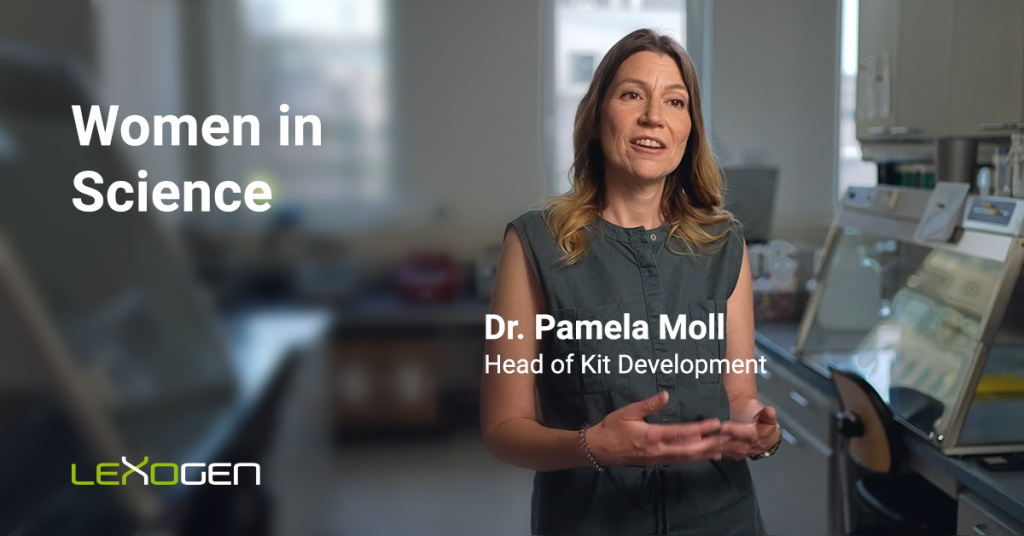
Introducing Dr. Pamela Moll, Head of Kit Development at Lexogen
“I studied in Salzburg and worked on Vitamin D’s effects on primary human keratinocytes, crucial for psoriasis. Vitamin D treatment showed promise then, leading me to explore differential gene expression. After earning my doctorate, I spent four years in Toronto focusing on nucleo-hormone receptors, working on establishing transgenic zebrafish lines for all 48 human nucleo-hormone receptors. The goals? Isolating the ligands for the so-called orphan receptors and tracking the activity of the different receptors during development in transgenic lines, like a lightbulb illuminating activity in tissues.”
“After Toronto, I decided to return to Austria. Then, I stumbled upon a job ad for Lexogen—a perfect fit for my CV. Three days after the interview, they offered me a position. Starting as a Research Scientist, I now lead Kit Development. As a Head of Kit Development – you have a goal in sight – and you want to develop reproducible, efficient and convenient tools to help other scientist reach their scientific goals. Our R&D team is incredible—they tackle all my odd requests with enthusiasm. With each project, we draw from the wealth of experience behind us. All of the experiments that you ever did – they leave an impact on you.”
Interview 3:
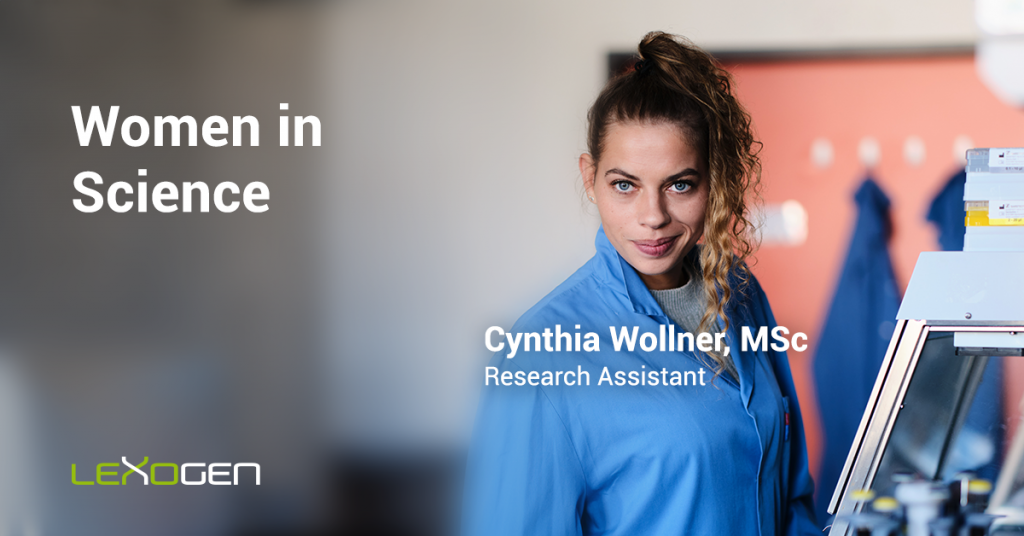
Introducing Cynthia Wollner, MSc – Research Assistant at Lexogen
Meet Cynthia, our dedicated Research Assistant, whose journey into the world of science began in high school. “I was always interested in science, that started mostly in high school, and my two passions were music and science,” she shares. After pursuing Biology at the Main University of Vienna, Cynthia discovered her love for lab work, leading her to specialize in Molecular Biotechnology for her Bachelor’s and Master’s degrees. “I always preferred the lab work,” she notes.
Cynthia’s expertise extends to her research focus on drosophila and studying the protein that modifies RNAs, providing her with valuable experience in RNA Sequencing. “I like the hands-on work in the lab and also trying things out and seeing the outcome in the end. Sometimes it can be frustrating, but it is even more rewarding when it works.”



